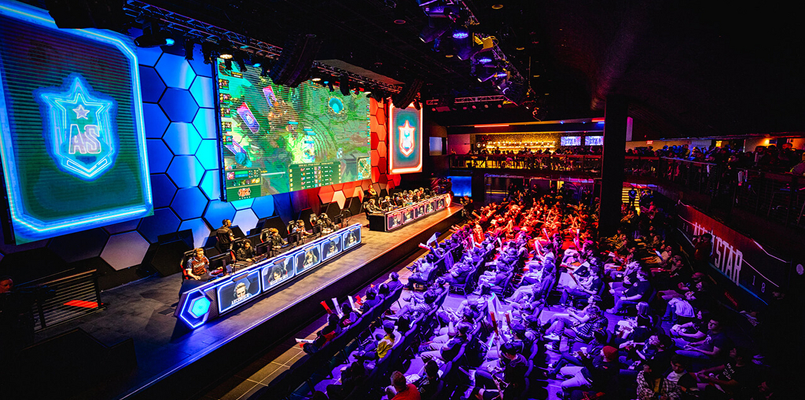Mentioned in this article
League/Tournament Brands:
- Riot Games Oceania has told Oceanic Pro League team owners it was ending team stipends ahead of the 2020 season.
- As a “concession,” minimum salaries are also being removed as part of the changes.
- Reactions in the Oceanic community have ranged from concerns to ”business as usual.”
Riot Games Oceania, the regional subsidiary for Riot Games, announced to owners of League of Legends Oceanic Pro League teams that stipends to support team operations would cease ahead of the 2020 season. As a concession, Riot also removed minimum player salary requirements.
Teams were informed in October, and an email outlining the changes was revealed by Kotaku Australia in an article that outlined community concerns.
“We can confirm we have removed the operating subsidy for the upcoming season in accordance with the plan teams were made aware of when they entered the league,” Riot Games Oceania told Kotaku Australia.
“We can also confirm [that] we have agreed as a concession with team owners to waive OPL’s minimum salary requirement. This decision wasn’t taken lightly – but with a view to sustainability – and was communicated to OPL players on Oct. 23.”
The Esports Observer contacted Riot Games Oceania, but it declined further comment.
From the player community, fears around reduced salaries was a clear concern. At a wider level, some pointed to the costs some teams must incur for interstate travel to the Riot Oceania studio each week for matches as a burden that the weekly stipend helped to reduce.
Speaking on background to some of those involved with OPL team management, feelings were varied but most did not seem as concerned by the changes as other reports suggested.
On Twitter, the Oceanic region League of Legends community was expressing highly varied views, with some accusing larger or better funded teams of ignoring the concerns of smaller organizations. Others suggested teams that have been managed well should not have cause for concern.
With Riot Games globally announcing the addition of new smaller leagues, such as the recently announced Belgian and Dutch leagues, it may be that changes in Oceania reflect a shift in alignment across the tier of competitions below the League of Legends major franchise leagues – the LEC, LCS, LPL, and LCK.

